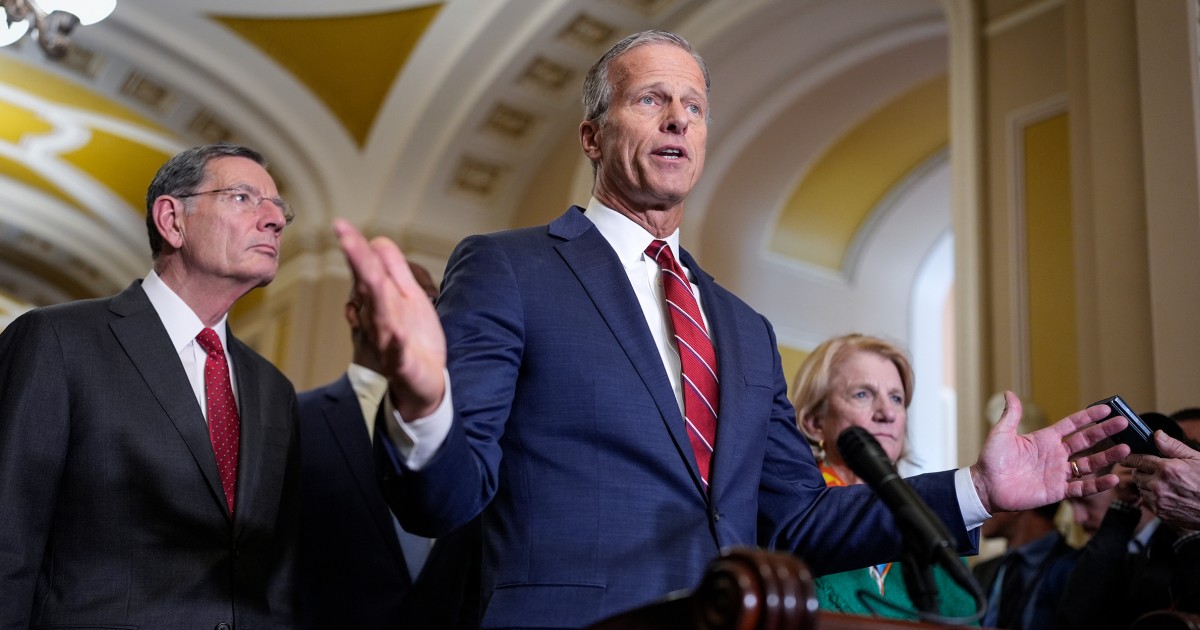The Professional Tennis Players Association (PTPA) has criticised the apparent inconsistencies between recent doping cases.
Last month it launched a new scheme offering players facing allegations of doping or corruption access to pro bono legal support.
The scheme was co-founded by former British doubles player Tara Moore, who served a two-year absence because of a doping ban which was later overturned.
Reacting to the news of Sinner’s ban, Moore posted on X: “Can someone explain how a negotiation was possible?”
A PTPA statement read: “The ‘system’ is not a system. It’s a club. Supposed case-by-case discretion is, in fact, merely cover for tailored deals, unfair treatment, and inconsistent rulings.
“It’s not just the different results for different players. It’s the lack of transparency. The lack of process. The lack of consistency…
“This bias is unacceptable for all athletes and shows a deep disrespect for every sport and its fans.”
Former Wimbledon champion Simona Halep has previously accused the International Tennis Integrity Agency (ITIA) of double standards – a claim it has strenuously denied.
Halep was given a four-year ban for two separate doping offences in 2022 which was later reduced to nine months.
Halep was critical when it was announced world number two Swiatek would serve a one-month doping ban in November, posting on Instagram at the time: “I stand and ask myself, why is there such a big difference in treatment and judgment?
“I can’t find and I don’t think there can be a logical answer. It can only be bad will from the ITIA, the organisation that has done absolutely everything to destroy me despite the evidence.”








